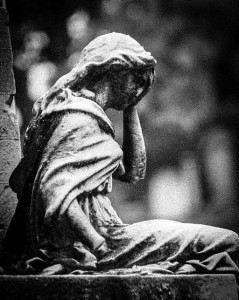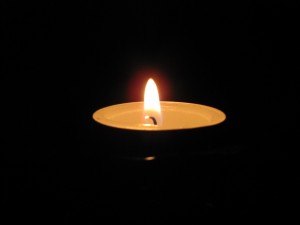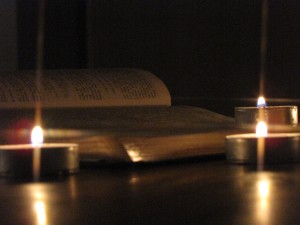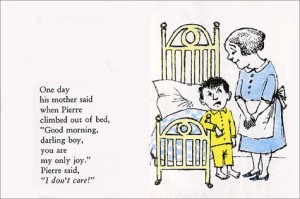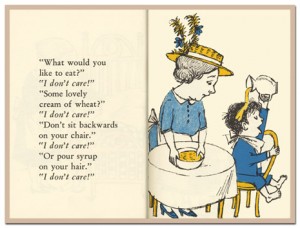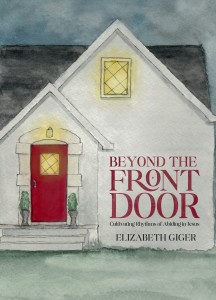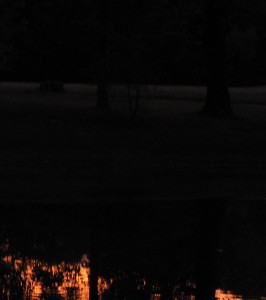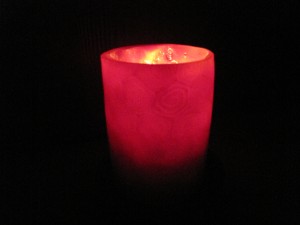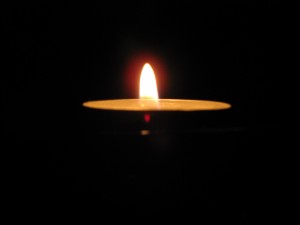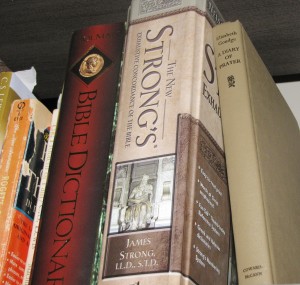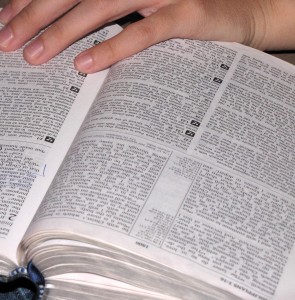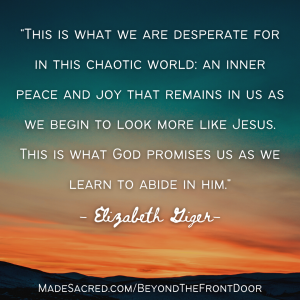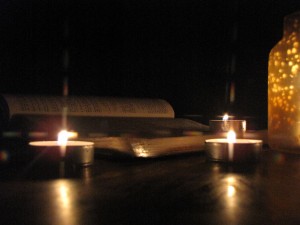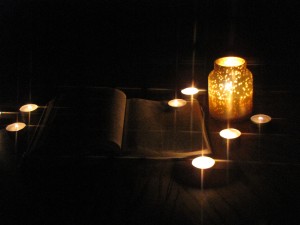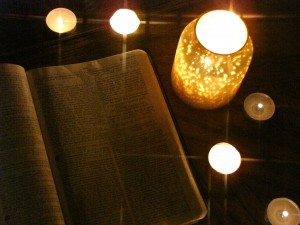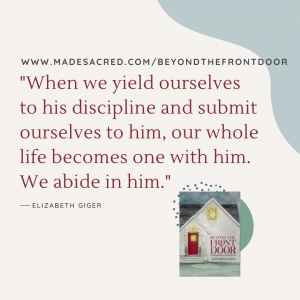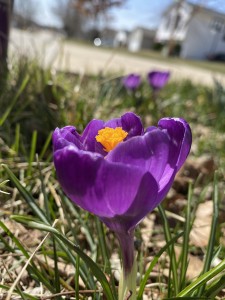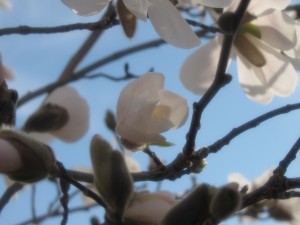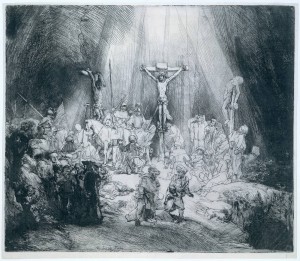Sometimes I cannot see a way out.
Sometimes the darkness is simply too great; I cannot fathom that there could be any way through to the light.
I, or ones I love, have been enveloped in this kind of murkiness before. Some of those I love feel lost in it right now.
I would venture to suppose that you could say the same.
It is tempting to despair when faced with this kind of desperateness.
It is tempting to believe there is no way out.
It is tempting to decide there is no rescue coming.
The earliest Mothers and Fathers of our faith have taught that this is, indeed, a temptation.
The early monks recognized in despair
“the most vicious and self-defeating temptation of all, that of losing trust in God’s providence and love.” ~ Katherine Norris
When we are in the middle of the deepest darkness, Satan is right there with us, whispering in our ears, “There is no hope. God is not here. He does not care. There is no rescue to be had.”
I have heard the whisper.
I have been tempted to believe it.
Hold on to hope, dear one, even if you can only manage the tiniest shred of it.
Your diminished imagination cannot begin to comprehend the vastness of possibilities God has at His fingertips.
“I must never, at any moment, presume to say that there is no way out for God because I cannot see any. For it is despair and presumption to confuse one’s pittance of imagination with the possibility over which God disposes.” ~ Søren Kierkegaard
God’s way through the darkness will most likely not be the one you imagine.
His way will most likely not be the easiest, the most comfortable, the most pleasant.
It will, however, be the best.
His way through will be the best for you, for those you love, for those around you.
He promised.
So do not despair. Do not give in to the temptation to give up your trust in God’s providence and love.
He loves you. He is working.
He will bring you through the darkness, He will give you glimpses of the light along the way, and the light will be that much more beautiful for having once been hidden from your view.
The Light is, after all, only hidden. Never absent. Never that.
He is with you always, to the very end of the age.
Art Credits: statue is Grief by Daniel Kornbau; all other photos are my own


